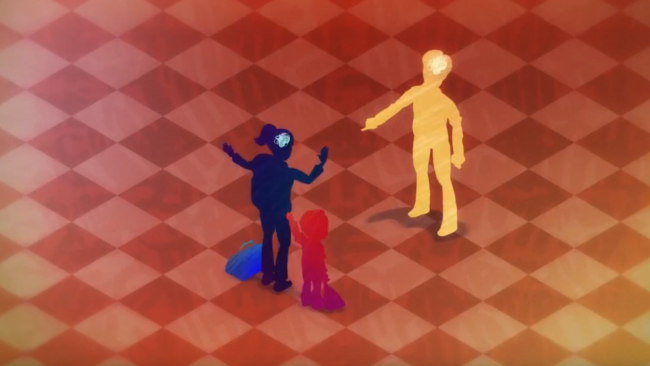
Season 1
02 Internalised racism and anti-indigenous racism
In the second episode, Judith Bautista Pérez talks with Monica and Fabiola about what anti-Indigenous racism is, how internalized racism operates, and why it is so emotionally difficult to talk about this topic.
About the episode
In this episode, we talk with Judith Bautista, Zapotec activist, academic and coordinator of the COPERA Collective. Based on a deeply personal experience lived in her adolescence, Judith invites us to reflect on how racism – in its most insidious form – infiltrates our most intimate relationships, our affections and our memories. We explore the racialization of affection, stereotypes about indigenous masculinities, the difficulty of expressing tenderness, and guilt as a powerful tool of oppression.
We also talked about internalized racism and how it makes us responsible for the violence we suffer. How can we recover our dignity? How to build an internal and collective place from which to resist? This is a moving conversation about what hurts, what weighs and what we can still transform.
About the speakers

Judith Bautista Pérez
Judith Bautista Pérez is a Zapotec woman originally from (Yhaa Nidha) San Juan Atepec, Oaxaca State, Mexico. She graduated in Sociology from the Universidad Autónoma Metropolitana and has a Master's degree in Sociology from the Universidad Iberoamericana.
Judith is interested in the study of racism, the Mexican nation state, women and indigenous peoples. She is the general coordinator of the Collective to Eliminate Racism (COPERA), and a member of the Professional Indigenous Center for Advice, Defense and Translation, Civil Association (CEPIADET).
About the hosts

Mónica Moreno Figueroa
Mónica G. Moreno Figueroa is a Black, mixed-race Mexican woman who has lived in the United Kingdom for over 25 years. She is currently a Professor of Sociology at the University of Cambridge. In 2010, she co-founded the COPERA Collective, an initiative dedicated to making racism in Mexico visible and transforming it from a collective, emotional, and structural perspective. Through COPERA, she promotes public campaigns, media interventions, training programs, and consulting services to advance an anti-racist agenda.
Her research explores the lived and intersectional experience of race and racism in Mexico and Latin America, with a particular interest in anti-racism and its impact within and beyond academia. She also works on feminist theory, intersectionality, and the emotional effects of oppression. She is an expert in qualitative methods and visual methodologies and is known for fostering interdisciplinary collaborations that link critical thinking with social action.
She is currently leading the creation of the Global Racisms Institute for Social Transformation (GRIST), a space for research, collaboration, and action aimed at imagining and building anti-racist futures from a global perspective.

Fabiola Fernández Guerra Carrillo
Fabiola Fernández Guerra Carrillo is a Mexican, white-mestizo woman, researcher, speaker, and creator of campaigns on issues of racism, gender, and discrimination. Her work addresses anti-racist communication, anti-oppressive strategies, genealogical trees, and ancestral knowledge for collective healing processes.
She is the founder of the communication agency 11.11 Cambio Social, co-founder of Comparte una Ola A.C., a member of the COPERA collective and of the Latin American Network for Reflection on Girls, Boys, and Youth, REIR.
She is conducting postdoctoral research through the Secretariat of Science, Humanities, Technology, and Innovation (SECIHTI) with her project Ancestral Futures at the Transdisciplinary Research Center in Psychology at the Autonomous University of the State of Morelos. Publications.
The Structure Within podcast was conceived by Mónica Moreno Figueroa and produced by Fabiola Fernández Guerra Carrillo and Arfaxad Ortiz. The opening credits are voiced by Gabriela García.
